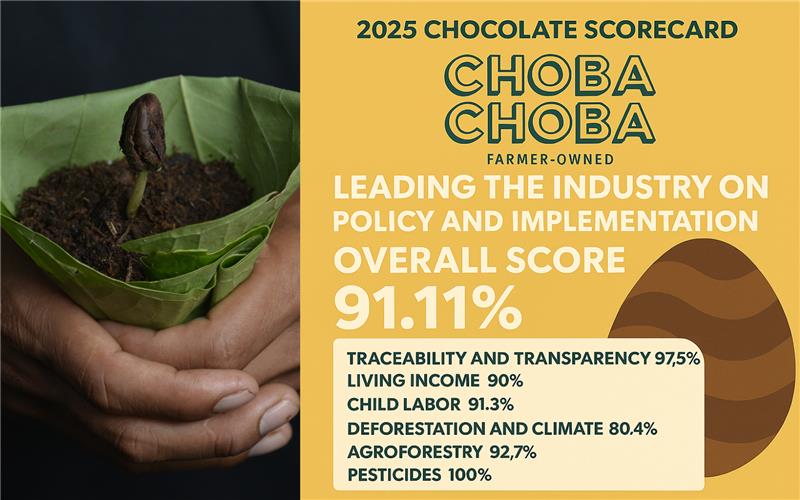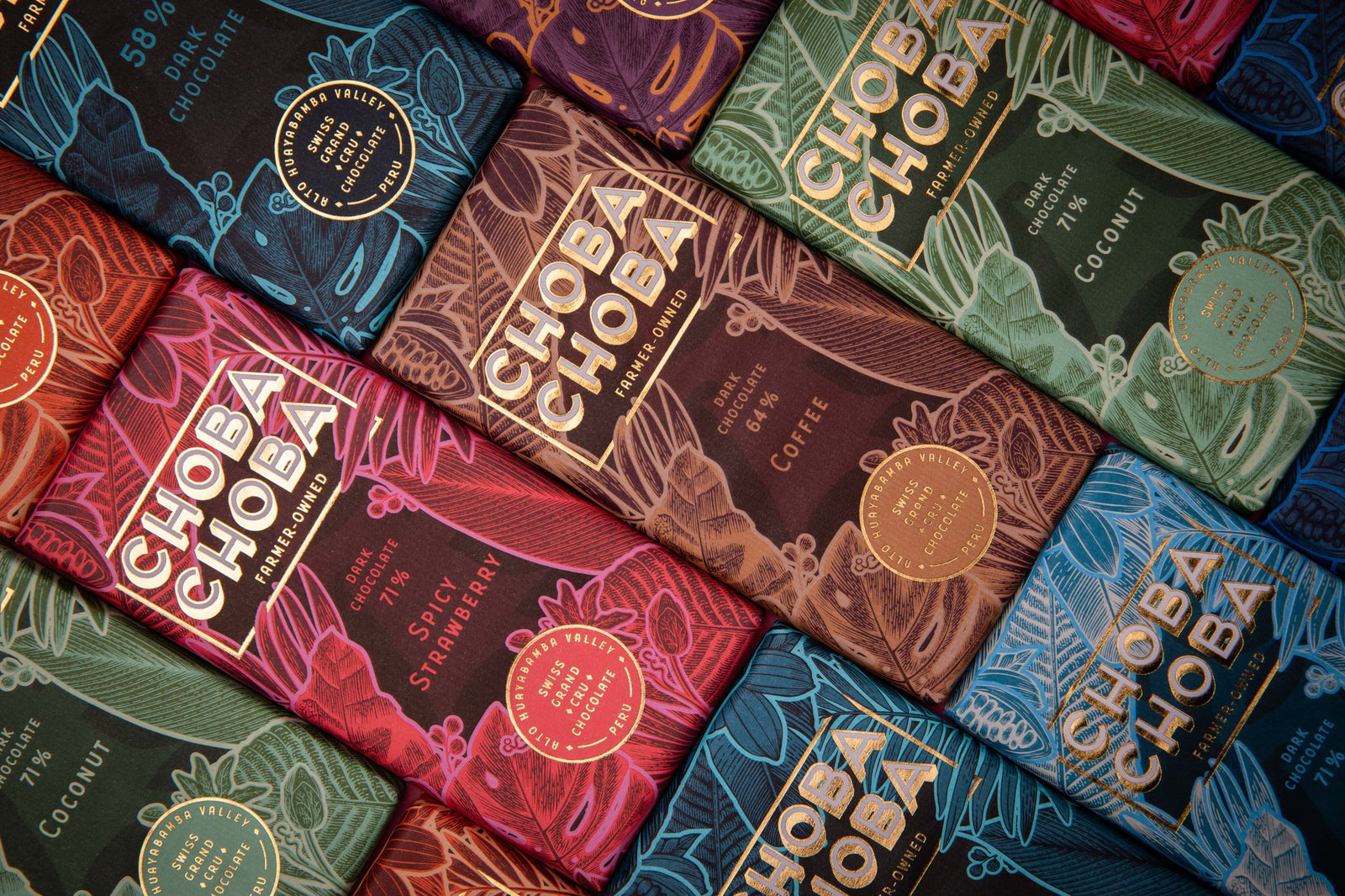The relationship between cacao production and deforestation is complex, revealing a delicate balance between economic needs and environmental preservation. It is evident that cacao production, like coffee or oil palm, is a significant driver of deforestation. Too often, the quest for new lands to produce more cacao, fueled by low farmer incomes and low plot productivity, leads to an uncontrolled expansion of agricultural frontiers, resulting in deforestation.
However, it is crucial to recognize that cacao is a native plant of the Amazon basin and the tropical forest, as mentioned earlier. Its ability to thrive in shaded environments means that cacao cultivation can be integrated into agroforestry systems. By adopting sustainable agricultural practices, farmers can contribute to forest preservation. Agroforestry systems, by integrating shade trees into cacao plantations, recreate an ecosystem like that of the tropical forest, promoting soil conservation, local climate regulation, and wildlife protection. Thus, cacao, despite its potential to contribute to deforestation, can also play a crucial role in conserving the Amazonian Forest.
This duality is crucial, emphasizing the need to transform agricultural practices and promote resilient and sustainable models. By investing in agroecological farming methods, cacao can become a powerful ally in the fight to conserve our precious tropical forest. This approach is what we adopt at Choba Choba: organic farming, agroecology, and agroforestry systems.





Sabine Focke
December 08, 2023
Ich halte Agroforsting für eine sehr wirksame Methode den Wald zu schützen und die Bauern zu unterstützen. Ich unterstütze gerne das Projekt.